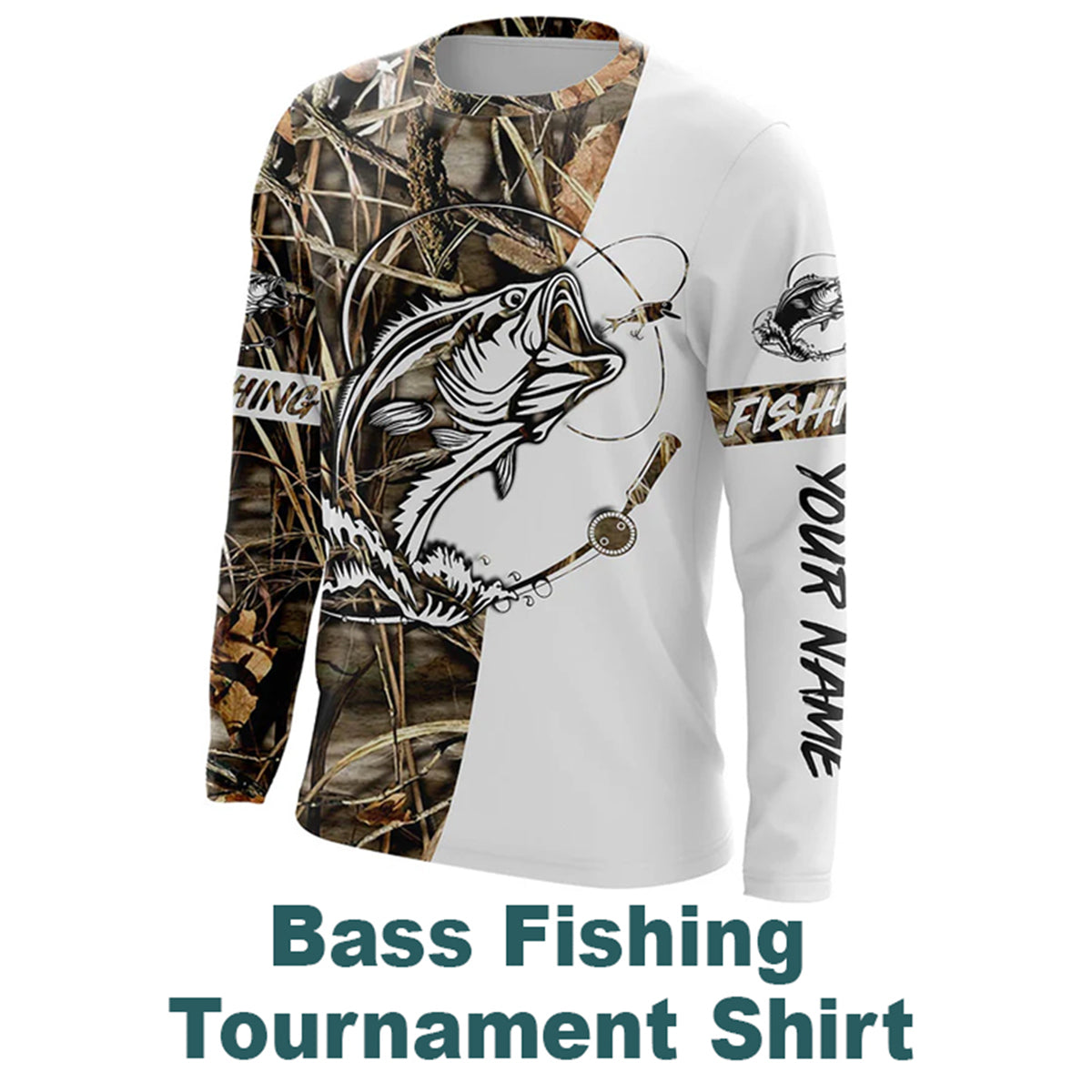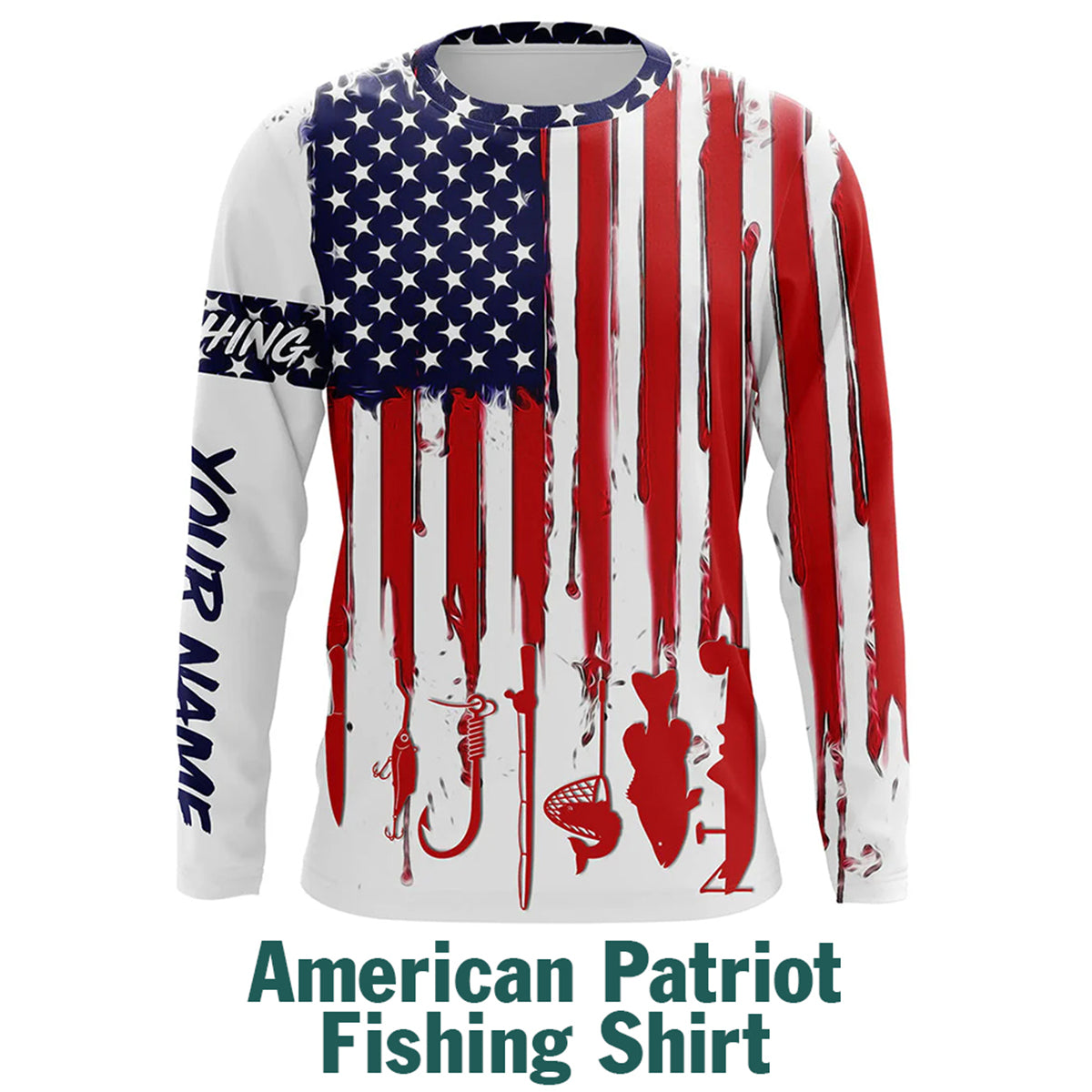Understanding the ideal fishing times, like knowing how to choose fishing bait and tackle, is one of the keys to fishing success. If you don't follow a few simple rules for determining peak feeding times and days to get out on the water, It will be very easy to miss the action. So timing should be a top priority when you start to plan a fishing trip.
The reason that understanding weather conditions is so crucial when it comes to fishing is because different types of fish species react to different conditions in different ways. It can help you increase your chances of landing fish if you learn these conditions. But first, let's take a look at some of the most common kinds of weather that are considered the best time to go fishing.
What is the best weather to go fishing?
The current and upcoming weather conditions are one of the key factors influencing immediate eating behavior for many species. This is because weather conditions such as sunshine, rain, and wind have impacts on water temperature, ability to be seen, and oxygen levels, which affect how fish feed, especially in freshwater environments.
Rain
Even though it may not be enjoyable to be outside in the rain, it is one of the ideal times to go fishing. The rain aids to break up the view of fish through the water's surface.
Cloud
It's likely that you've heard that fishing on a gloomy day is advantageous. It’s totally true that clouds lessen the amount of light that penetrates through the water. When the sun is shining brightly, many types of fish will stay close to structures and spend more time hiding.

Wind
Winds have a variety of effects on water bodies and fish inhabitants. Making waves is, of course, the most obvious. Friction is created when the wind blows across the water's surface. The wind blows strongly, the more friction is created, and the more waves there are. Waves can change the turbidity (clarity) of the water, pulling currents and nutrients along with them. All of these factors have an impact on how fish behave.
Most species will choose to save energy and lay low by limiting moving freely to feed when the weather gets cold and the water is still. However, if the weather gets warmer causing the water to become warmer and more oxygenated, several species such as carp and catfish will become more active and catchable. There are a variety of reasons for this, one of which is that small creatures such as insects and bait fish, which are food for many species, become more active and feed frenzy under these conditions.
Some flatfish, trout, perch, pike, surf perch, tuna species, and cod, however, prefer cold water and are usually fished for in cold water or even through ice. Knowing what water temperature your target species and their food favour is another part of choosing the ideal times to fish.
When opting for ideal fishing times, it's important to consider the relationship between food items and weather conditions. If the food sources your target species eats are plentiful, the fishing is likely to be good too.
Many people also fish intentionally when a weather front is approaching or under low pressure conditions. So some people believe that fish can sense when nasty weather is coming and will feed with this in mind.
Others supposed that under low pressure conditions, it’s easier for some species to be caught because it changes their swim bladder and body in a way that makes their hunting and finding food easier. So easier to find their bait.
According to the old myth of fishing, the best time to fish is when it's raining, also likely owing to the low pressure conditions often associated with rainfall.
The truth is many of these weather factors play a role in causing fish to feed and be caught, so determining which ones have the greatest impact on your target species is an efficient technique to plan your next fishing trip. When these factors start to fall in your favour – a warm sun and gently windy on a day you plan to fish a lake where you know the bass and catfish become more active in these conditions, for instance – then it’s time to go fishing.
What time of day is best for fishing?
Other factors, like intense sunlight, might influence fish activity, so it's essential to consider the time of day you plan to go, as it can make all the difference in your achievement of your fishing trip. Fish prefer the early morning and late evening sun than the harsh midday sun.
There are several reasons why the beginning and end of the day are considered to be the ideal fishing times.
Firstly, fish are coldblooded, their activity is influenced by the temperature of the water area where they live. When it's cold, they're inactive, and when it's burning in midday, the water's surface temperature rises, they retreat to deeper waters to stay cool.
Secondly, because fish eat bugs or smaller fish that eat bugs, they are most active when bugs are most active. Also, when the air is warm and thick with mosquitos, fishing will be good.\
As mentioned above, fish are coldblooded which makes them sensitive to temperature changes. To figure out what time of day is best for angling, we need to look at how water temperatures vary from season to season, and from dawn to dusk.
Fishing in the Spring
Because it's still cold in the mornings, you should make your cast later in the day. In the spring, the best time to fish is from late afternoon to twilight. There are a lot of insects around, especially later this season, and no fish can afford to ignore them.
Fishing in the summer
Summer mornings are an excellent time to wet the line. Be sure to get an early start, because the waters can heat up quickly. Around midday, when the sun rises highest, fish retreat to deeper waters to cool down. However, as dusk approaches, you’ll be able to have another shot at them.
Fishing in the autumn
Autumn brings in several changes in fish behaviour. Fish aren't as active at dawn as they've ever been, to survive through the winter, fish are still feeding as much as they can. The top of the water column will warm gradually and fish will definitely come knocking.
Fishing in the winter
Cold temperatures and a general lack of food trigger fish to slow down in the winter. Freshwater fish reduce their activities so sharply that even their metabolisms take a hit. It's not difficult to catch fish in the winter, but you'll need to choose the time precisely to get a fish to strike.
Morning is not the best time to go fishing in the winter. The sun hasn't been up long enough, and the waters are still freezing from the long nights. The waters begin to heat up as midday and early afternoon approaches, and the fish are hungry to bite.

Follow moon cycles to go fishing
The moon influences the tides, which have a significant impact on fishing conditions. It is very simple to keep track of the tides by merely watching them, but paying greater attention to the moon's movements can pay off. Full moons, and times when the moon is close to the earth (the time between a new Moon and a full Moon), are ideal for fishing.
There are numerous free online lunar calendars available to assist you in identifying ideal fishing times. This is what the Almanac’s Best Fishing Days are based on.
|
Month |
Best Fishing Day |
|
2021 |
|
|
June |
10-24 |
|
July |
9-23 |
|
August |
8-22 |
|
September |
6-20 |
|
October |
6-20 |
|
November |
4-19 |
|
December |
4-18 |
What is the best time to go fishing?
Even after considering all of these criteria, you'll probably still be wondering when to go fishing. There are so many factors to consider that making a selection might be difficult. But there is one easy answer that takes precedence over all else: go fishing whenever your schedule allows. Sure, you’ll have better success if you time your fishing with the ideal weather and the peak tides. Yes, you’ll probably catch more fish at daybreak and sunset. But the truth of the matter is that everyone has hectic schedules, a list of commitments, and limited time. So fish anytime you have the opportunity, put on fishing clothes, put your feet in shoes and start your fishing trip.


